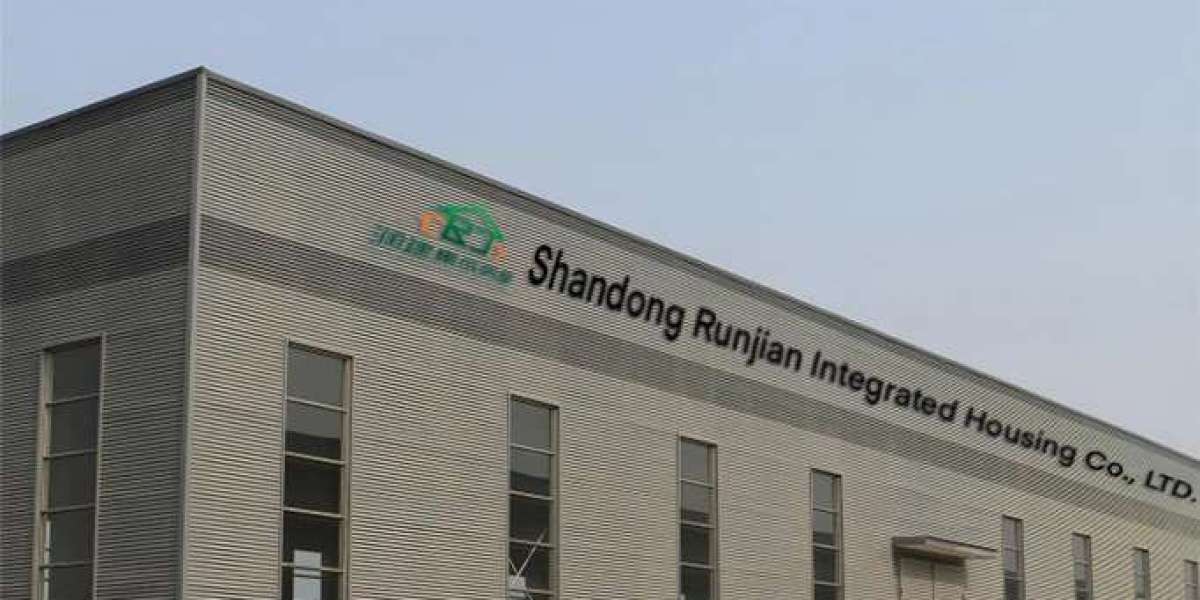When it comes to transporting fuel safely and efficiently, choosing the right type of tanker or trailer is crucial. Two popular options in the industry are Aluminium Fuel Tanker and Carbon Steel Fuel Tank Trailers. Both materials offer distinct advantages, and your choice will depend on your specific needs, operating conditions, and budget. Let’s explore the key differences to help you make an informed decision.

Aluminium Fuel Tankers: Lightweight and Corrosion-Resistant
Advantages
Lightweight Design: Aluminium is significantly lighter than carbon steel, which means aluminium fuel tankers reduce the overall weight of your vehicle. This can lead to improved fuel efficiency and increased payload capacity.
Corrosion Resistance: Aluminium naturally resists rust and corrosion, making it ideal for transporting fuels and chemicals that could degrade steel over time. This resistance enhances tanker longevity and reduces maintenance costs.
Ease of Handling: Due to their lighter weight, aluminium tankers are easier to maneuver, which is beneficial for operations in tight or urban environments.
Considerations
Cost: Aluminium tankers tend to be more expensive upfront compared to carbon steel options due to material costs.
Strength: While aluminium is strong, it generally offers less impact resistance than carbon steel, which may be a factor in very rugged or high-risk transport conditions.
Carbon Steel Fuel Tank Trailers: Durable and Cost-Effective
Advantages
High Strength and Durability: Carbon steel provides excellent structural strength, making these trailers well-suited for heavy-duty use and harsh environments where impacts and rough handling are common.
Lower Initial Cost: Carbon steel trailers usually come with a lower purchase price compared to aluminium, making them attractive for budget-conscious operations.
Repairability: Steel is easier to weld and repair on-site, potentially reducing downtime and repair expenses.
Considerations
Weight: Carbon steel is heavier, which can decrease fuel efficiency and reduce payload capacity.
Corrosion Prone: Without proper coatings or treatments, carbon steel is susceptible to rust and corrosion, especially when exposed to moisture and certain chemicals. This necessitates regular maintenance and protective coatings.
Which One Should You Choose?
Consider Your Operating Environment
If you operate in environments with high moisture, corrosive chemicals, or require frequent mobility, aluminium fuel tankers may be the better choice for their corrosion resistance and lighter weight.
For rugged, heavy-duty applications where durability and impact resistance are priorities, and budget constraints exist, carbon steel fuel tank trailers are often preferred.
Budget and Maintenance
Aluminium tankers have higher upfront costs but lower maintenance over time.
Carbon steel trailers cost less initially but may require more ongoing maintenance to prevent corrosion.
Regulatory and Capacity Considerations
Weight savings from aluminium tankers can allow for larger fuel loads within legal weight limits.
Ensure the tanker material meets all relevant safety and transportation regulations in your region.
Choosing between aluminium fuel tankers and Carbon Steel Fuel Tank Trailer depends on balancing factors like durability, weight, cost, and maintenance. Understanding these differences helps you select the right equipment that meets your industrial needs efficiently and safely.



